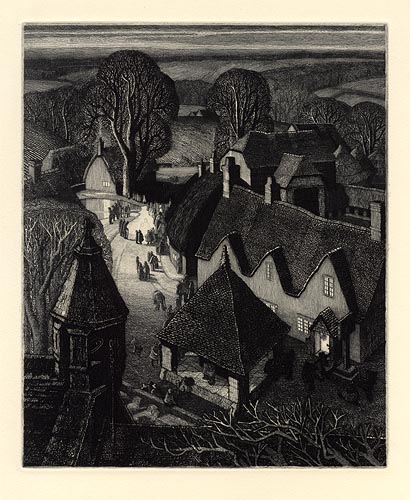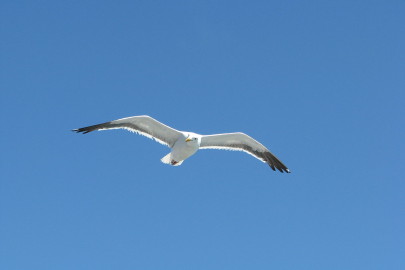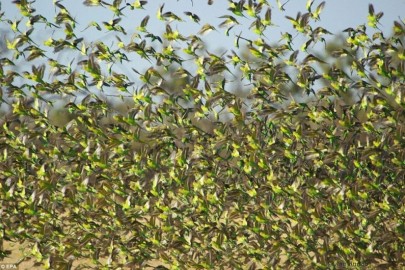Stephen brings you some poetry for Christmas Eve…
Christina Rossetti‘s best-known poem is usually sung or listened to, not read. I suspect that many of those who sing or listen to the verses are not aware that they were written by Rossetti. Here is the first stanza of the poem:
In the bleak mid-winter
Frosty wind made moan,
Earth stood hard as iron,
Water like a stone;
Snow had fallen, snow on snow,
Snow on snow,
In the bleak mid-winter
Long ago.– Christina Rossetti, “A Christmas Carol,” in Goblin Market, The Prince’s Progress and Other Poems (1875 edition).
The lines “Snow had fallen, snow on snow,/Snow on snow” are particularly lovely, I think. The poem was first published in a periodical in 1872. Rossetti died in 1894. In 1906, Gustav Holst set the poem to music.
The line “Earth stood hard as iron” in the first stanza of “A Christmas Carol” seems to lead naturally to another seasonal poem by Rossetti.
Advent
Earth grown old, yet still so green,
Deep beneath her crust of cold
Nurses fire unfelt, unseen:
Earth grown old.We who live are quickly told:
Millions more lie hid between
Inner swathings of her fold.When will fire break up her screen?
When will life burst thro’ her mould?
Earth, earth, earth, thy cold is keen,
Earth grown old.Christina Rossetti, Verses (1893).
A significant amount of Rossetti’s poetry consists of devotional verse. “Advent” falls within that category. Who are the “millions” who “lie hid between/Inner swathings of her fold”? I presume that they may be those who (to quote from another Rossetti poem) are “sleeping at last, the trouble and tumult over.” Beyond that, I am not qualified to opine on the “meaning” of the poem. Rossetti has a mystical strain that gives much of her religious verse a riddling quality. And one often senses that her non-theological world lies somewhere between the lines as well.
George Mackay Brown takes a warmer view of the earth beneath our feet (and of all else in the World around us, for that matter) in the following poem. Except for brief periods, Mackay Brown spent his entire life in Orkney. His poetry and prose reflect both the agricultural life and the sea life of the islands. As “Christmas Poem” suggests, the world of Orkney seems to be a timeless one, or, perhaps better, one that moves with the rhythm of Time.
Christmas Poem
We are folded all
In a green fable
And we fare
From early
Plough-and-daffodil sun
Through a revel
Of wind-tossed oats and barley
Past sickle and flail
To harvest home,
The circles of bread and ale
At the long table.
It is told, the story —
We and earth and sun and corn are one.Now kings and shepherds have come.
A wintered hovel
Hides a glory
Whiter than snowflake or silver or star.George Mackay Brown, The Wreck of the Archangel (1989).












I certainly was not aware it was by Rossetti. The only poet I’ve noticed in the local hymnals that I know from elsewhere is Richard Wilbur–“A Stable Lamp is LIghted”, I think.
George: I was surprised as well when I came upon it while working my way through Rossetti’s poetry. Thank you for the reference to Wilbur’s hymn: I wasn’t aware of it.
Thanks for the introduction to George Mackay Brown, Stephen. A lovely poem above – I shall enjoy exploring further.
Gaw: you’re very welcome. I need to do the same sort of exploring: I am not as familiar with his poetry (and his prose) as I ought to be. It is indeed a lovely poem, and captures the world he lived in quite well, I think.